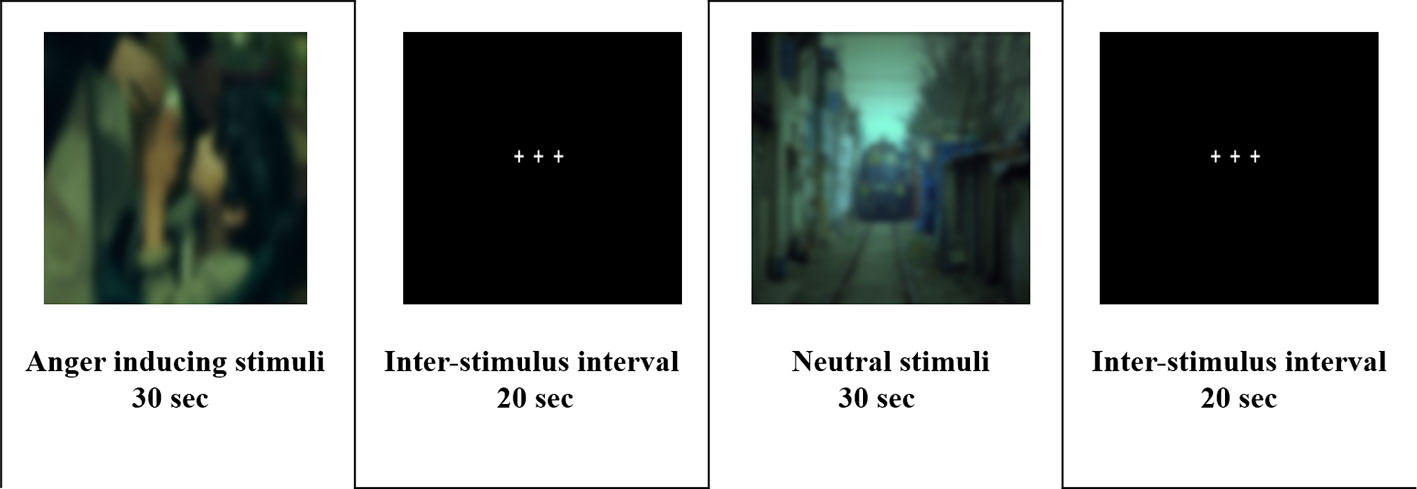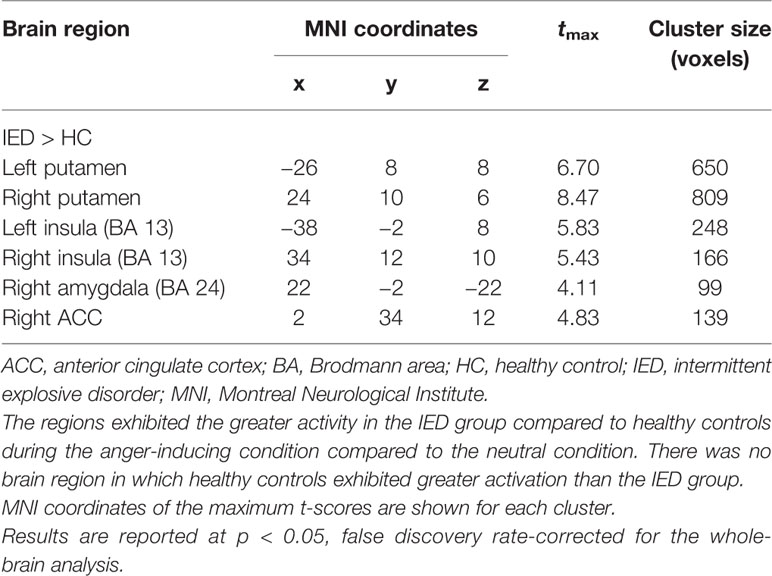Intermittent Explosive Disorder, commonly referred to as IED, is a mental health condition characterized by sudden episodes of unwarranted anger and aggressive behavior. These episodes often result in verbal outbursts or physical violence that are disproportionate to the situation at hand. Understanding this disorder is essential for recognizing its signs early and seeking appropriate treatment. In this article, we will explore the causes, symptoms, and available treatments for Intermittent Explosive Disorder.

What Is Intermittent Explosive Disorder?
Intermittent Explosive Disorder is a behavioral condition that falls under the category of impulse control disorders. People with this condition struggle to resist aggressive urges and may act out in ways that harm themselves, others, or property. These explosive episodes can occur without warning and are often followed by feelings of regret or embarrassment. The disorder typically begins in late childhood or adolescence and can persist into adulthood if left untreated.
Key Characteristics of the Disorder
- Sudden episodes of impulsive aggression
- Behavior that is disproportionate to the trigger
- Frequent arguments or conflicts with others
- Feelings of relief or satisfaction after an outburst, followed by remorse
Causes of Intermittent Explosive Disorder
The exact cause of this condition is not fully understood, but research suggests that it arises from a combination of biological, environmental, and psychological factors. Below are some of the primary contributors to the development of this disorder.
Biological Factors
Several biological factors may play a role in the onset of this condition:
- Genetics: Individuals with a family history of mood disorders or other mental health conditions may be more susceptible to developing this disorder.
- Brain Chemistry: Imbalances in neurotransmitters, such as serotonin, have been linked to impulsive aggression and emotional dysregulation.
- Brain Structure: Studies using brain imaging techniques have shown differences in the structure and function of certain brain regions, particularly those involved in emotion regulation and impulse control, in individuals with this condition.
Environmental Factors
Environmental influences can also contribute significantly to the development of this disorder:
- Childhood Trauma: Exposure to abuse, neglect, or other forms of trauma during childhood can increase the risk of developing impulsive aggression later in life.
- Family Dynamics: Growing up in a household where aggression or violence is normalized can shape a person’s behavior and coping mechanisms.
- Stressful Life Events: Major life changes, financial difficulties, or relationship problems can exacerbate feelings of frustration and anger, potentially triggering episodes of explosive behavior.
Psychological Factors
Certain psychological traits and conditions may predispose individuals to this disorder:
- Impulsivity: A tendency to act without thinking can make it difficult for individuals to manage their emotions effectively.
- Mood Disorders: Conditions such as depression or anxiety can coexist with this disorder and may worsen its symptoms.
- Substance Abuse: Alcohol or drug use can lower inhibitions and impair judgment, increasing the likelihood of aggressive outbursts.
Symptoms of Intermittent Explosive Disorder
The symptoms of this condition can vary in severity and frequency. Some individuals may experience occasional outbursts, while others may have them more frequently. Recognizing these symptoms is crucial for early intervention and treatment.
Physical Symptoms
During an episode, individuals may exhibit the following physical signs:
- Rapid heartbeat
- Trembling or shaking
- Clenching of fists or jaw
- Increased energy or agitation
Behavioral Symptoms
Behavioral symptoms often manifest as:
- Verbal aggression, such as shouting or making threats
- Physical aggression, including hitting, pushing, or damaging property
- Road rage or confrontations in public settings
- Engaging in risky or reckless behavior
Emotional Symptoms
Emotionally, individuals with this condition may experience:
- Intense anger that feels uncontrollable
- Irritability or frustration over minor issues
- Feelings of guilt or shame after an outburst
- A sense of relief or catharsis immediately following the episode
Diagnosing Intermittent Explosive Disorder
Diagnosing this condition requires a thorough evaluation by a mental health professional. Since the symptoms can overlap with other disorders, such as bipolar disorder or attention-deficit/hyperactivity disorder, an accurate diagnosis is essential for effective treatment.
Diagnostic Criteria
To diagnose this condition, healthcare providers typically look for the following criteria:
- Recurrent episodes of verbal or physical aggression that are grossly out of proportion to the situation
- The aggressive behavior causes distress or impairment in social, occupational, or other areas of functioning
- The episodes are not better explained by another mental health condition or substance use
Assessment Process
The assessment process may include:
- A detailed medical history
- Interviews with the individual and their family members
- Psychological tests to evaluate mood, behavior, and cognitive functioning
- Exclusion of other potential causes, such as neurological conditions or substance abuse
Treatment Options for Intermittent Explosive Disorder
While there is no cure for this condition, several treatment options can help individuals manage their symptoms and improve their quality of life. Treatment plans are often tailored to the individual’s specific needs and may involve a combination of therapies.
Psychotherapy
Psychotherapy, or talk therapy, is one of the most effective treatments for this condition. It helps individuals identify triggers, develop healthier coping strategies, and improve their emotional regulation skills.
- Cognitive Behavioral Therapy (CBT): This form of therapy focuses on changing negative thought patterns and behaviors that contribute to aggressive outbursts.
- Anger Management Training: Specialized programs teach individuals techniques to recognize and control their anger before it escalates.
- Family Therapy: Involving family members in the treatment process can improve communication and reduce conflict within the household.
Medication
In some cases, medication may be prescribed to help manage symptoms. Common medications used to treat this condition include:
- Antidepressants: Selective serotonin reuptake inhibitors (SSRIs) can help regulate mood and reduce irritability.
- Mood Stabilizers: These medications can help prevent extreme mood swings and impulsive behavior.
- Anti-Anxiety Medications: While less commonly used, these drugs may help reduce acute feelings of anxiety or tension.
Lifestyle Changes
In addition to therapy and medication, making certain lifestyle changes can support recovery and reduce the frequency of outbursts:
- Stress Management: Techniques such as mindfulness meditation, yoga, or deep breathing exercises can help individuals stay calm in stressful situations.
- Regular Exercise: Physical activity has been shown to improve mood and reduce feelings of anger and frustration.
- Healthy Diet: Eating a balanced diet and avoiding substances like alcohol or caffeine can promote emotional stability.
- Strong Support Network: Building positive relationships with friends, family, or support groups can provide encouragement and accountability.
Coping Strategies for Loved Ones
Living with someone who has this condition can be challenging, but there are ways to support them while protecting your own well-being:
- Educate yourself about the disorder to better understand what your loved one is experiencing.
- Avoid engaging in arguments or confrontations during an episode, as this may escalate the situation.
- Encourage your loved one to seek professional help and participate in their treatment plan.
- Set boundaries to ensure your safety and communicate them clearly and calmly.
Final Thoughts
Intermittent Explosive Disorder is a complex condition that requires a comprehensive approach to treatment. By addressing the underlying causes, managing symptoms, and adopting healthy coping strategies, individuals with this disorder can lead fulfilling lives. Early recognition and intervention are key to preventing long-term consequences and fostering positive relationships. If you or someone you know is struggling with this condition, reaching out to a mental health professional is the first step toward healing and recovery.





